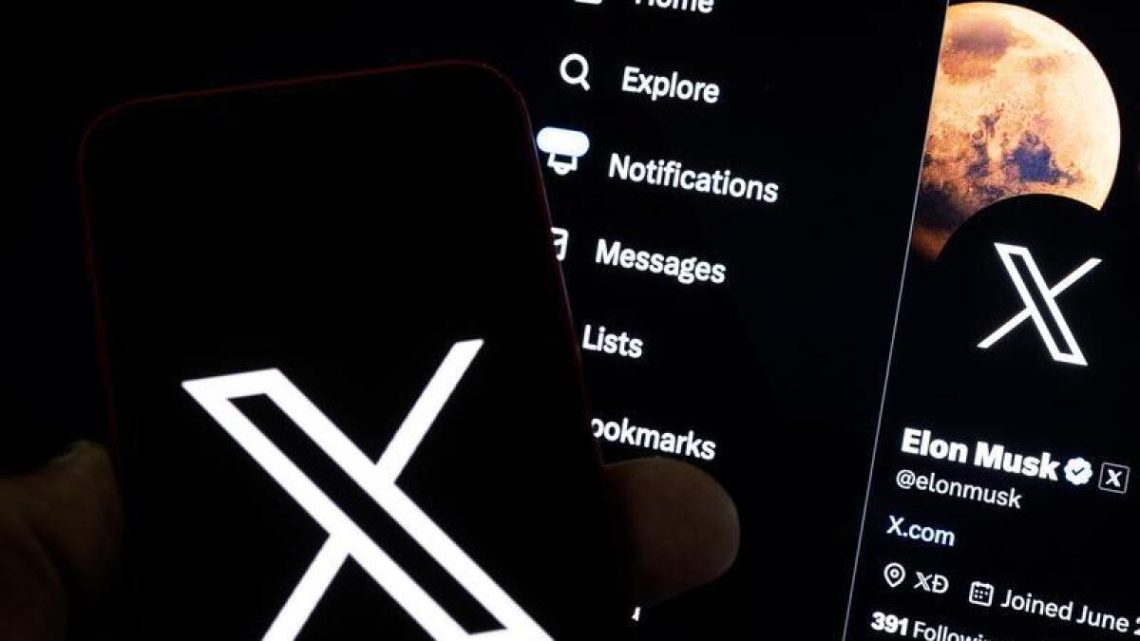
Elon Musk’s X Sues Advertisers, Accusing Them of Conspiring Against X to Lose Revenue
August 8, 2024Elon Musk’s social media platform, X (formerly Twitter), has filed a lawsuit against a global advertising alliance and several major companies, including Mars and CVS Health, accusing them of unlawfully conspiring to boycott the site, leading to significant revenue loss.
The lawsuit, filed on Tuesday in a Texas federal court, targets the World Federation of Advertisers, Unilever, Danish renewable energy company Orsted, along with Mars and CVS Health. X alleges that these advertisers, through the World Federation of Advertisers’ Global Alliance for Responsible Media (GARM) initiative, collectively withheld “billions of dollars in advertising revenue,” violating U.S. antitrust laws.
X’s chief executive, Linda Yaccarino, expressed concern about the impact of such actions on the free exchange of ideas, stating, “People are hurt when the marketplace of ideas is constricted. No small group of people should monopolize what gets monetized.” Musk, in a tweet on X, declared “war” on the advertisers, emphasizing that their attempts to be conciliatory over the past two years had been met with “empty words.”
Since Musk acquired the platform in 2022, X has seen a significant drop in advertising revenue. Advertisers became wary of rapid changes under Musk’s leadership, particularly concerns about their brands appearing alongside harmful content that might have been previously removed under former ownership. GARM was created in 2019 to address the challenge of illegal or harmful content on digital platforms and its monetization through advertising.
Antitrust expert Christine Bartholomew from the University at Buffalo’s law school pointed out that proving an unlawful boycott in court can be challenging. X must demonstrate that there was an actual agreement among the advertisers to boycott the platform. Bartholomew noted that even if X wins the case, it cannot force companies to allocate their advertising budgets to the platform.
X’s lawsuit argues that the platform has applied brand-safety standards comparable to those of its competitors, meeting or exceeding GARM’s specified measures. The company claims that as a result of the alleged conspiracy, it has become a “less effective competitor” in the digital advertising market.
X is seeking unspecified damages and a court order to prevent any further efforts to conspire against it by withholding advertising dollars. The outcome of this lawsuit could have significant implications for the platform’s future and its relationship with advertisers.

